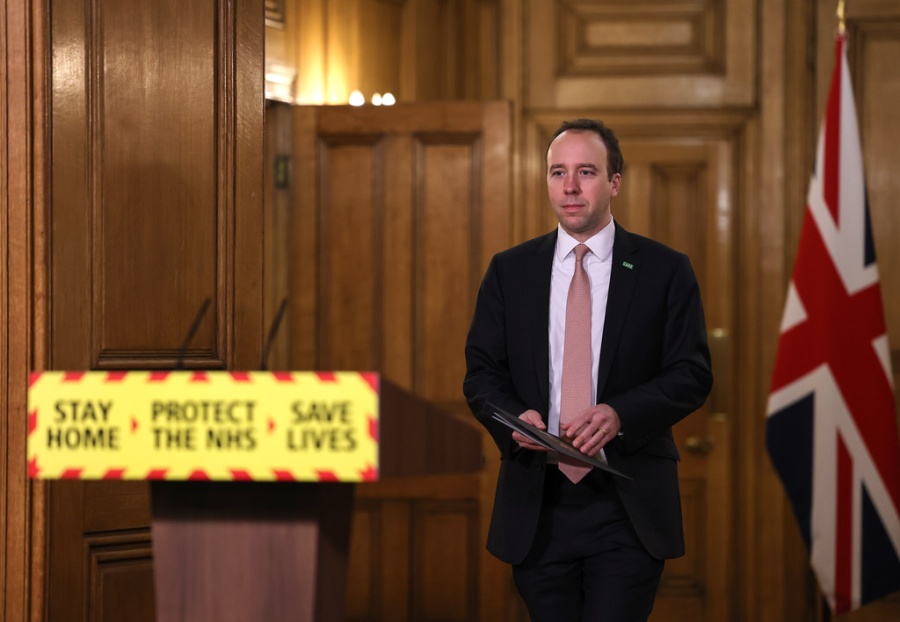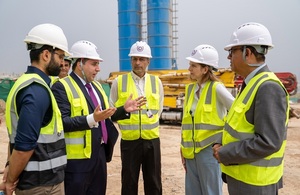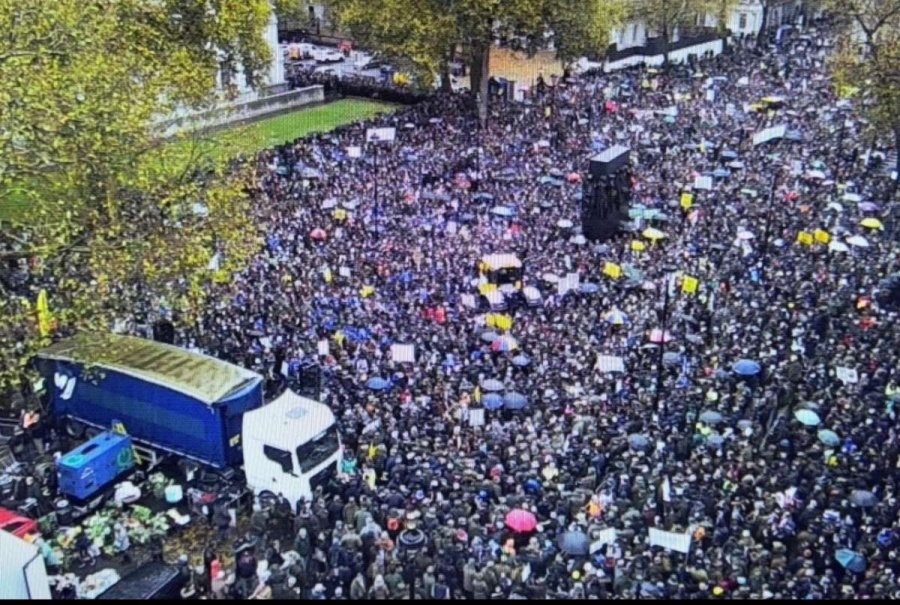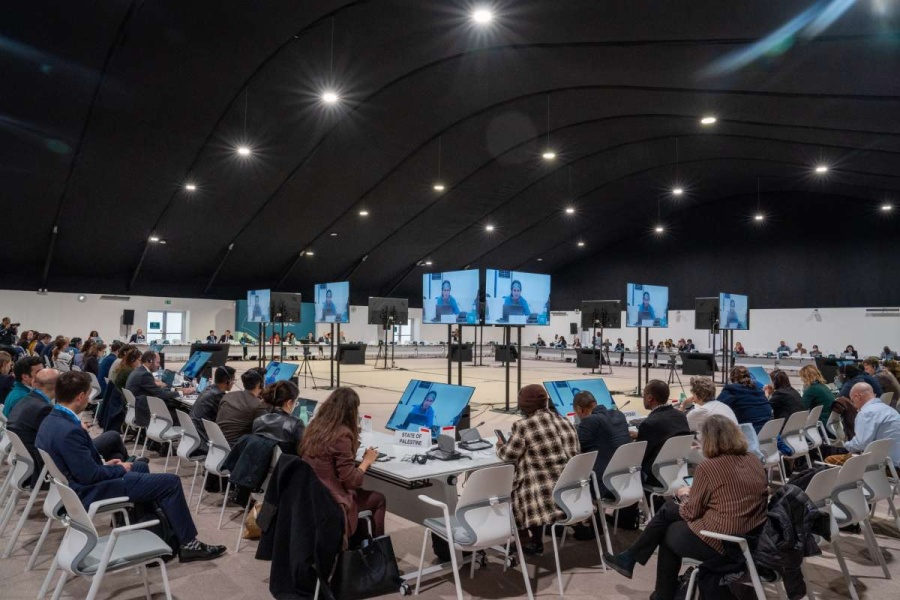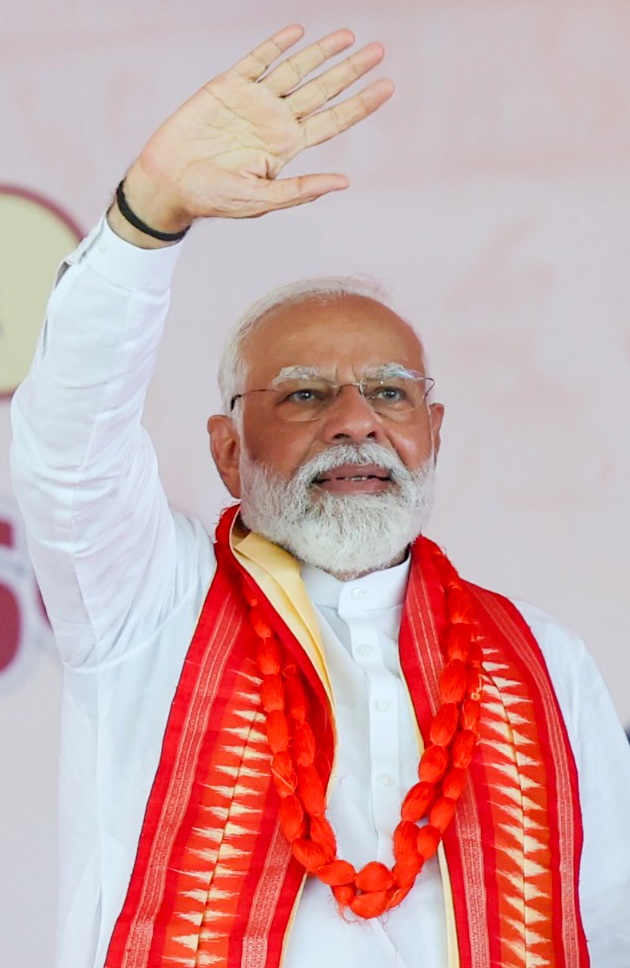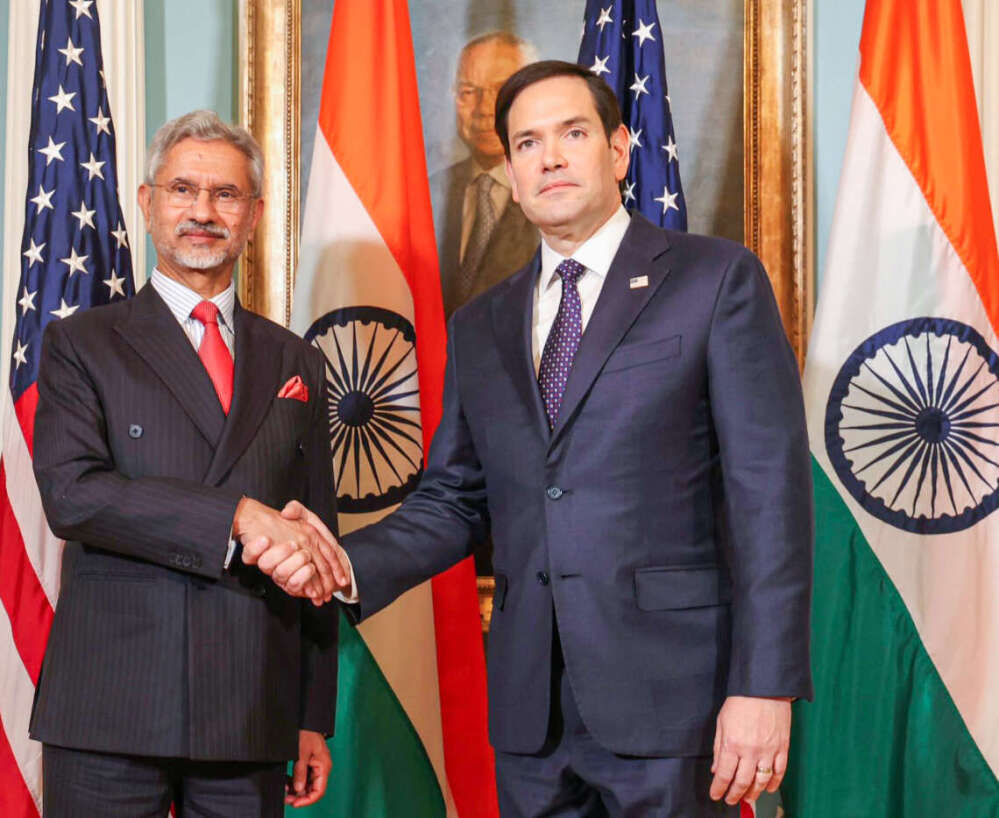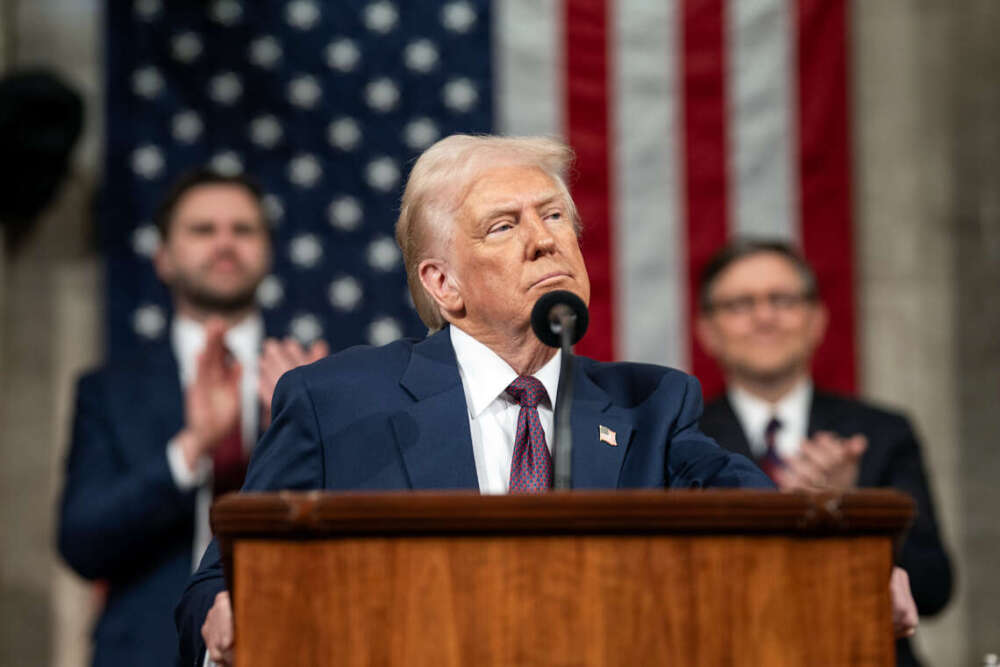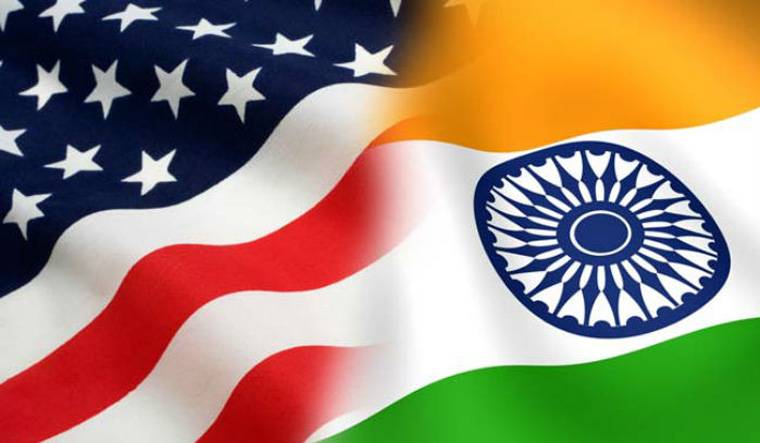Former health secretary also pressed at Covid inquiry on the ‘slowness’ of the resumption of elective care…reports Asian Lite News
The former health secretary Matt Hancock has said he “reluctantly” approved of the decision to pause non-urgent planned care during the pandemic. Ministers prioritised hospital capacity for Covid and emergency patients, and so paused elective (non-urgent) treatment from April 2020.
This led to growing waiting lists and meant thousands of people who needed care for non-Covid reasons had to wait or could not access treatment. Asked by the Covid inquiry counsel, Jacqueline Carey, on Thursday if he thought it was the right decision, Hancock said: “Well, obviously reluctantly, but you’re faced with a series of awful options – that was the least bad.”
The inquiry heard Hancock was urged to explore, with NHS England, if any elective work could be protected at the height of the crisis. When asked why he wanted to explore the issue, he said: “Because I recognised the impact, the negative impact, of taking that decision, and I wanted to make sure that it was mitigated as much as possible.
“It’s a classic case where the minister asks questions to ensure that people have considered these things properly. But the operational decisions are for NHS England.”
The former MP said that restarting non-urgent elective care during the pandemic “was a difficult balancing act, and I relied on the judgment of the chief executive of NHS England [Sir Simon Stevens]”.
Hancock was pressed on the “slowness” of the resumption of non-urgent care and shown a graph depicting how the UK fared much worse than Europe. This showed a 46% drop in the number of cases of people having a hip replacement, whereas the average across the EU was 14%.
Hancock said: “I spoke to Simon Stevens about it and you’ll have to ask him about the policy towards restarting because that was very clearly in his bailiwick. “You can see in the paperwork that I’m pushing on this subject. But the NHS was legally independent. I, in fact, ended that legal independence. Simon and I worked very closely together but some decisions were his and others were mine.”
Asked whether, in the event of a future pandemic, there needed to be a contingency plan for resuming preplanned care, he replied: “Well, I think yes, and actually that needs to be part of a broader change in the NHS, to try as much as possible to separate out urgent care and elective care into different settings.
“And I know that’s something that Simon Stevens believed very strongly and was working on even before we went into the pandemic, but that so called split between hot and cold sites is very effective and a much more normal arrangement in other European countries. So that may be part of the explanation here.”
Hancock insisted that the NHS was not “overwhelmed” and that it was “better to delay some non-urgent operations” to protect the health service and the patients themselves because, people were “more likely to catch Covid in a hospital than in almost any other setting”.
Earlier, Hancock told the inquiry that he “ruffled some feathers” protecting the NHS from political “interference” during the crisis and that he had been in a “battle” with other parts of government that wanted Covid measures to be relaxed.
Earlier, Hancock told the pandemic inquiry that in the initial stages of the crisis he was “petrified” that lockdowns would not be enough to stop the NHS “being completely overwhelmed”, as had happened in Italy.
He also rebutted claims that he wanted to decide “who should live and who should die”, if hospitals became overwhelmed by Covid patients during the pandemic.
In his witness statement to the inquiry last year, the former NHS England boss Lord Stevens said: “The secretary of state for health and social care took the position that in this situation he – rather than, say, the medical profession or the public – should ultimately decide who should live and who should die.”
Hancock said the concept of a tool to prioritise intensive care patients was first proposed in February 2020, but he had actually objected. “Simon Stevens said that I’d called for it and wanted to make the decisions myself, and that was inaccurate.”
He continued: “We had a discussion about it and I concluded then that we shouldn’t have such a tool. I felt strongly that if we tried to write a national tool, its local interpretation might end up being too legalistic or box ticking. What I wanted is the doctors to have the discretion to make the decisions as they see fit with the best way to save lives in the circumstances.”
Helga Pile, the head of health at Unison, said Hancock’s legacy was “how not to respond to a national crisis. He should hold his head in shame for deserting health and care staff in their hour of need.”
Safety kit was either unavailable or unfit for purpose, and care workers and those they looked after died, she added. “It’s time Matt Hancock took responsibility for the chaos caused and the lives lost while he was in charge.”
ALSO READ: India to set up two new consulates in UK


